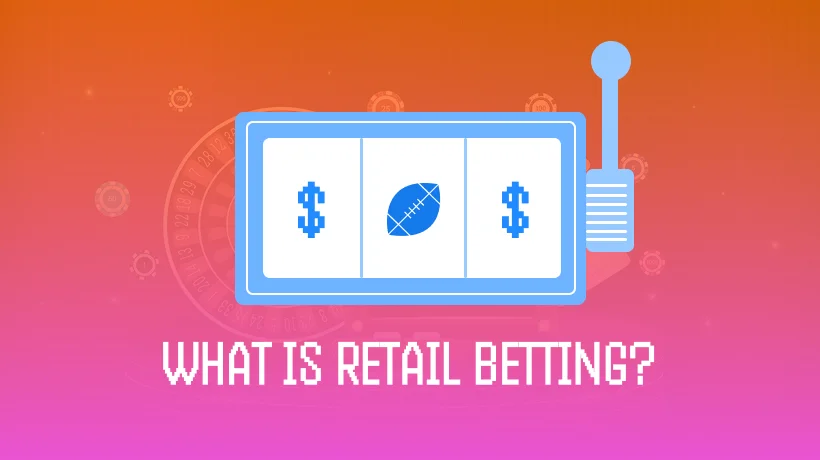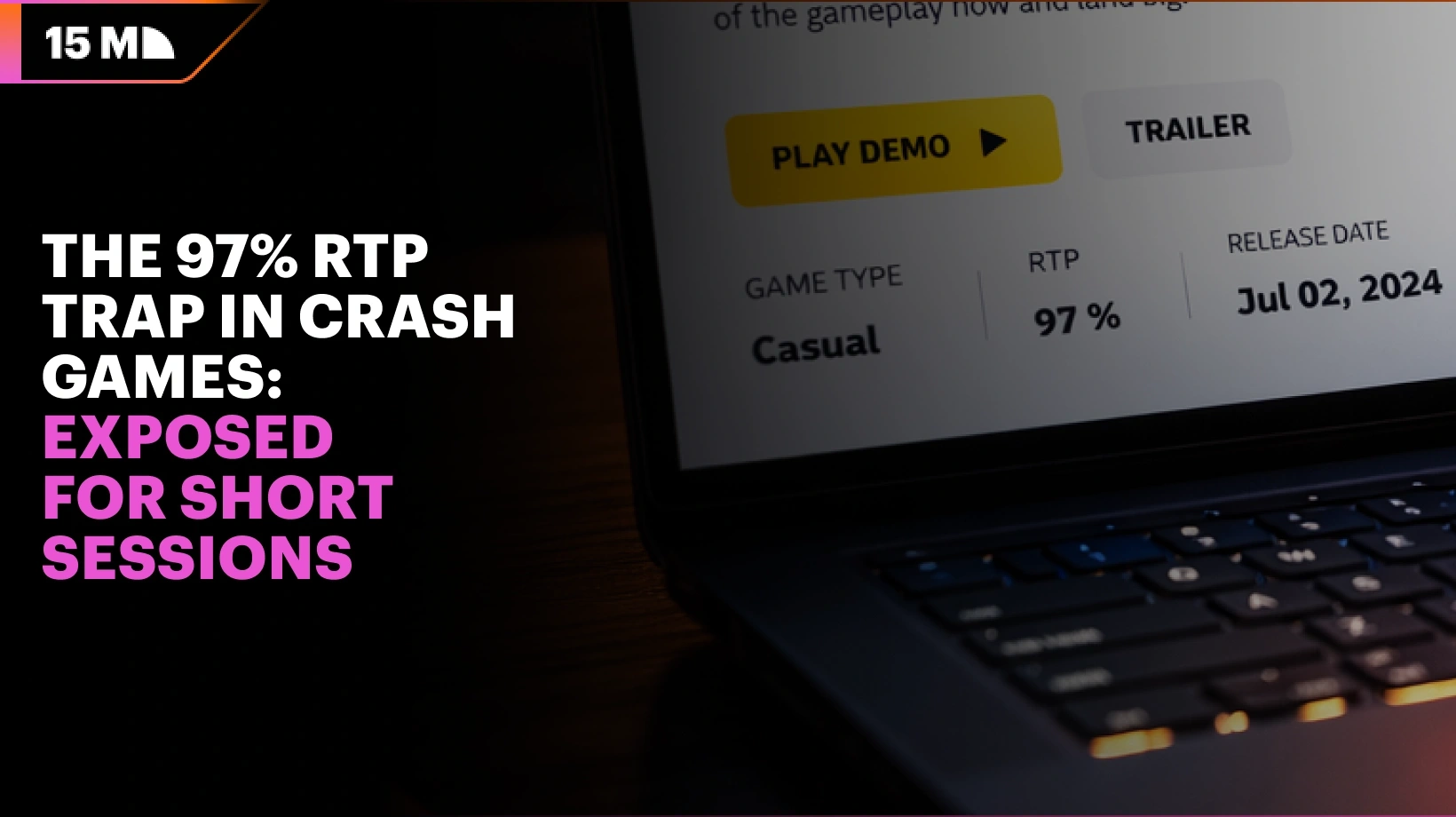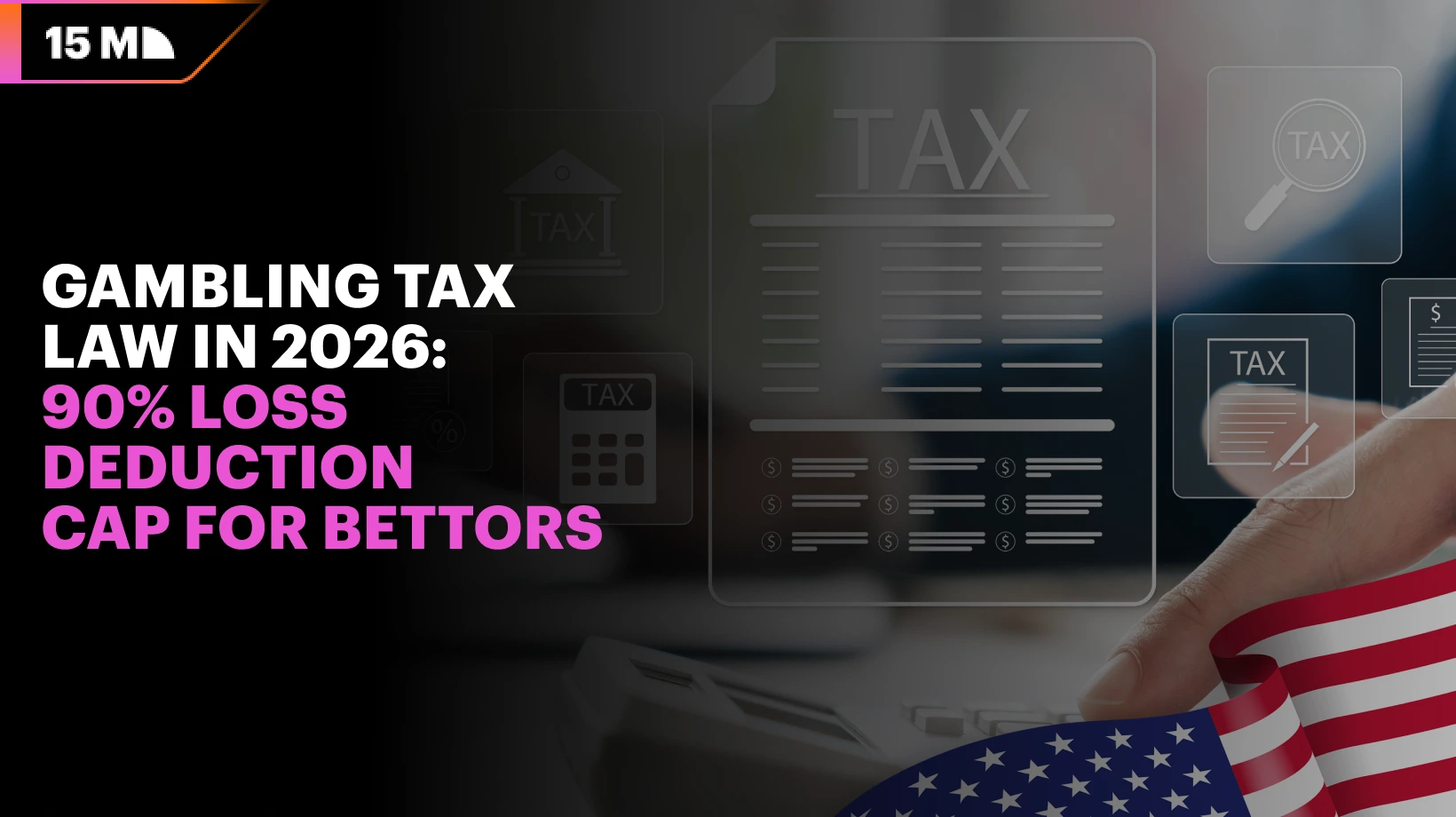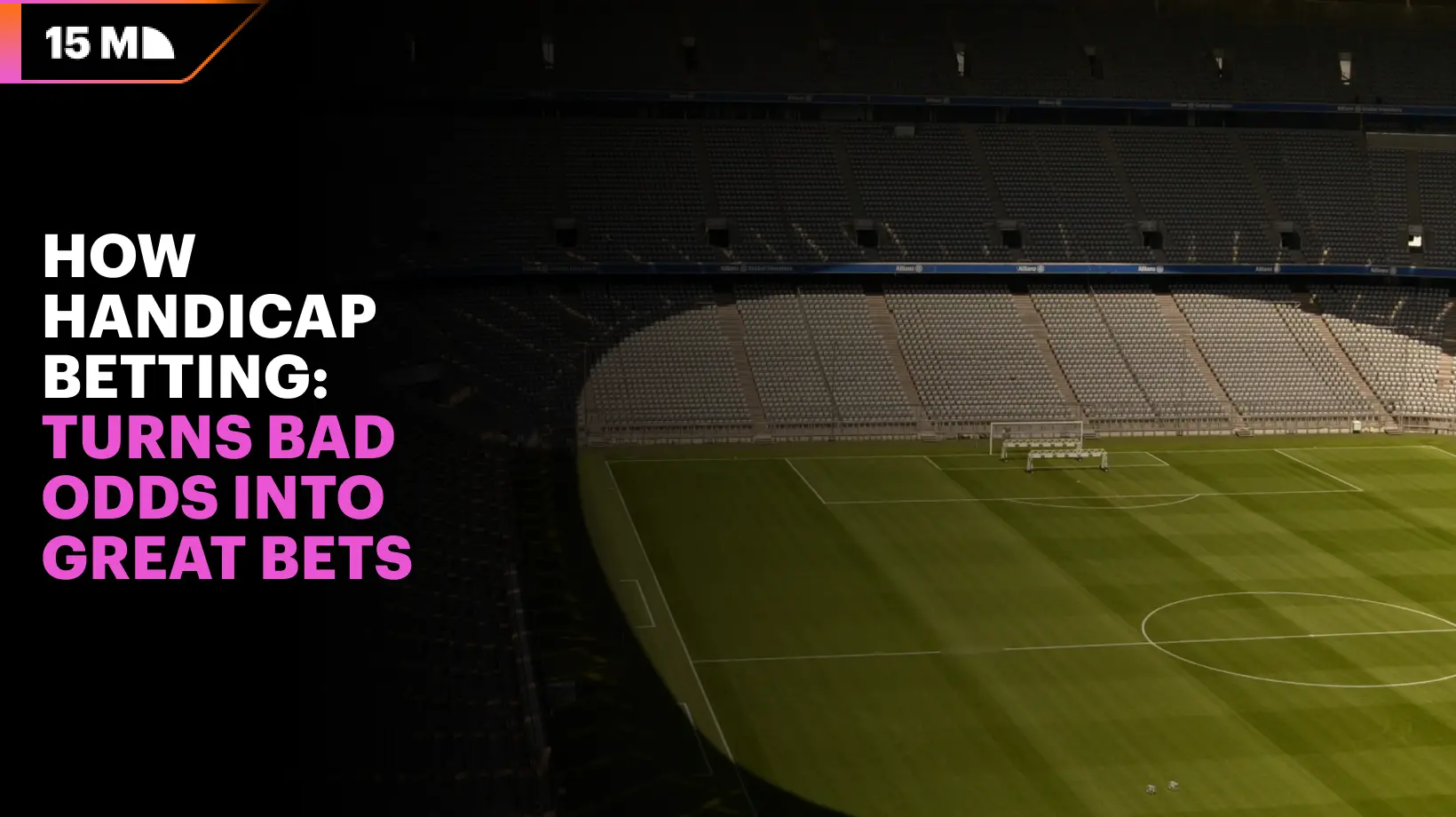Why? Well, bettors will tell you to imagine this: you stroll into a bustling casino sportsbook during March Madness, and there are dozens of giant screens displaying live games, cozy leather chairs all faced at a 60-foot video wall, and everyone cheering together as their bets land.
There’s more to the story on why retail betting persists despite smartphones being more convenient, and that is due to things like:
- Immediate cash payouts
- Face-to-face customer service
- Engaging social atmosphere
- Premium entertainment experiences
- Beginner guidance and mentoring availability and accessibility
Right now, 38 states, including Washington, D.C., have legalized sports betting since 2018. Hundreds of retail locations were created in response to this, operated by major brands such as DraftKings, FanDuel, BetMGM, and Caesars.
If you want to understand how retail betting operates so you can make informed decisions and place wagers, then you’ve come to the right place. This guide will support beginners or even experienced bettors to understand and get involved in retail sports betting.
What is Retail Sports Betting and How Does it Work
Basic Definition and Requirements
The key difference to online betting is that retail betting requires you to be physically present at a licensed venue during operating hours, whereas with online wagering, you can wager from your couch at 2 am. You must consider opening times, which typically run from 10 am to midnight, but this varies by state and venue.
Other important prerequisites to keep in mind with retail sports betting and what makes it different from online betting are the following:
Payment Methods: Cash is the standard, but debit cards or electronic vouchers are increasingly being used. Credit cards are subject to restrictions depending on the state. Payouts occur immediately in cash, so there is no waiting 3-5 business days for transfers.
Geographic Boundaries: You must physically be within state lines where the venue operates. Some states restrict betting to on-property areas only, meaning no quick bets if you’re far from a licensed location.
The Process of Betting Explained
Two betting methods dominate retail sportsbooks: traditional counter service and modern self-service kiosks.
Counter Services: A classic experience with staffed windows where employees display current odds. You place bets directly with staff and receive a printed ticket with your bet details and barcode. Keep the ticket safe for payouts.
Self-service Kiosks: These work like ATMs. You insert cash or vouchers, select bets on a touchscreen, and receive printed tickets. Many kiosks handle payouts up to $2,500-$5,000, with larger wins requiring counter service.
Betting options include moneylines, point spreads, totals, parlays, and some props. Retail venues usually have fewer exotic props due to limited screen space.
| Feature | Retail Sportsbook | Online Sportsbook |
|---|---|---|
| Availability | Business hours only | 24/7 access |
| Payment | Cash, debit cards | Credit cards, e-wallets, bank transfers |
| Payouts | Immediate cash | 1-5 business days |
| Bet Variety | Standard + some props | Extensive props and markets |
| Customer Service | In-person assistance | Phone/chat support |
| Social Experience | Watch with other bettors | Individual experience |
Where to Place Retail Bets: Locations and Operators
Major Casino Operators
BetMGM operates an extensive retail network through MGM Resorts’ casino properties. In Las Vegas alone, you can visit BetMGM sportsbooks at:
- Bellagio
- ARIA
- MGM Grand
- Park MGM
- Mandalay Bay
- Six other Strip properties
Outside of Nevada, notable BetMGM locations include:
- MGM National Harbor in Maryland with its premium sports lounge
- MGM Grand Detroit featuring dedicated viewing areas
- Arizona location at State Farm Stadium with 27 kiosks and a 265-square-foot video wall
Caesars Sportsbook has locations nationwide, including Las Vegas, Atlantic City, Indiana, Arizona, Pennsylvania, and Kansas. Its Washington D.C. partnership at Capital One Arena places betting inside the home venue of the Capitals and Wizards.
Sports Venue Integration
DraftKings leads stadium integration, such as its Illinois location with 38 kiosks and a 60-foot video wall, and its TPC Scottsdale setup during the Phoenix Open.
Fanatics Sportsbook operates the only retail sportsbook inside an NFL stadium at FedExField in Maryland, plus locations in Ohio and New Jersey.
FanDuel targets major population centers, with a flagship location at Meadowlands Racetrack near New York City and partnerships like Arizona’s Footprint Centre.
Major Operators by Location Count:
- BetMGM: 15+ locations across 8 states
- Caesars: 12+ locations across 7 states
- DraftKings: 10+ locations across 15 states
- FanDuel: 8+ locations across 6 states
- Fanatics: 5+ locations across 4 states
The Key Benefits and Experience of Retail Sports Betting
What the Experience Is Like
Modern retail sportsbooks offer stadium-style seating, massive video walls, and a social atmosphere unlike online betting. Popular highlights include:
- Fanatics location with 140 feet of LED walls
- BetMGM State Farm Stadium with a 265-square-foot video wall
Food and beverage services, VIP areas, and expert staff assistance make these venues more than just betting spaces. Many offer mobile integration for seamless in-venue betting.
Key Benefits Compared to Online Betting
- Immediate cash payouts with no withdrawal delays
- Personal assistance from trained staff for beginners
- Social experience with fellow bettors
- Trust and security of face-to-face transactions
| Advantage Category | Retail Sportsbook | Online Sportsbook |
|---|---|---|
| Payout Speed | Immediate cash | 3-5 business days |
| Customer Support | Face-to-face help | Phone/chat only |
| Social Experience | Community atmosphere | Individual activity |
| Learning Environment | Expert staff guidance | Self-directed research |
| Convenience | Limited hours/locations | 24/7 anywhere access |
| Bet Variety | Limited prop options | Extensive markets |
Future Outlook and Market Performance
Retail sports betting remains stable, consistently holding about 5% of the market, worth approximately $685 million annually from the $149.6 billion wagered in 2024.
Retail serves a unique audience, offering in-person experiences that online platforms cannot replicate. Operators now see retail locations as customer acquisition tools, driving higher conversions to casino gaming.
Hybrid retail-online models are the future, integrating mobile apps, digital wallets, and even augmented reality features to enhance the live betting experience.
Market projections through 2030:
- Total U.S. sports betting revenue: $29.4 billion projected
- Retail market share: 4-6% expected
- Emerging state launches: 5-8 additional states
- Technology investment: $500M+ planned for retail upgrades





